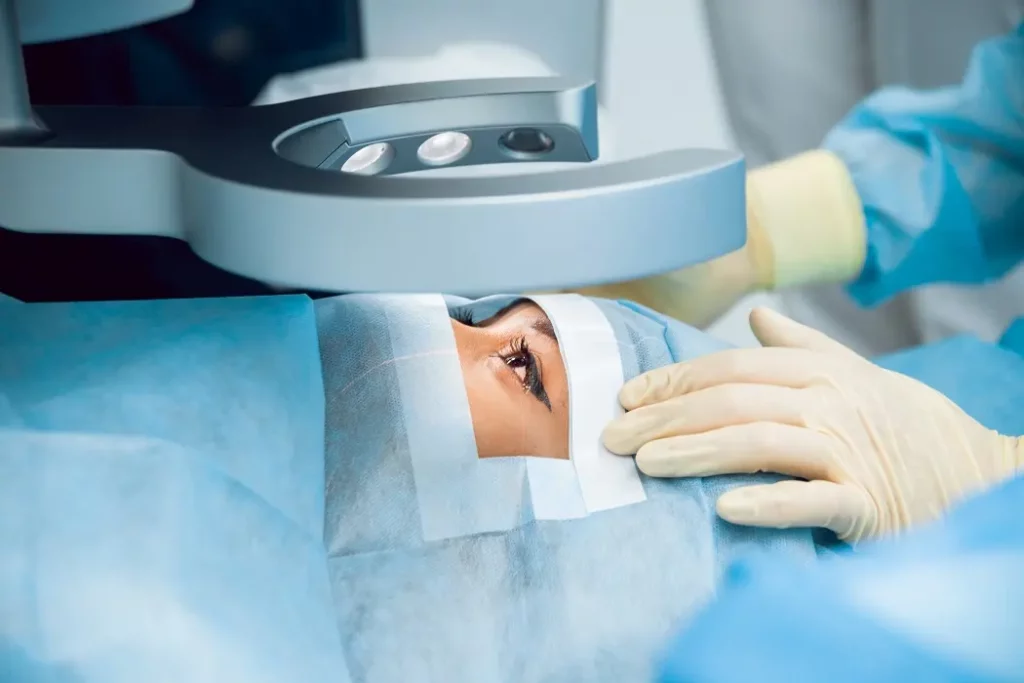Featured
Table of Contents

Routine eye evaluations are crucial for maintaining excellent vision and detecting prospective eye wellness problems early. The regularity of these examinations can differ significantly based on a person's age, lifestyle, and general health. Comprehending the recommended timetable for eye tests can help guarantee that people of every ages obtain proper care and monitoring for their eye health and wellness.
Infants and Toddlers (0-2 Years)
For infants and toddlers, eye examinations are crucial for identifying any type of potential vision troubles early. The American Academy of Ophthalmology advises that a child's first eye examination should happen at around 6 months old. Throughout this first see, the eye care professional will examine the youngster's visual growth and check for any kind of obvious eye issues.Following this first examination, it is advised that youngsters have another eye exam at age three. This visit will concentrate on assessing the youngster's overall aesthetic function, including eye alignment and the capability to track items. If no issues are discovered, the following exam should be set up before the youngster begins school, normally around age five or six.
School-Aged Children (6-18 Years)
As soon as children reach school-age child, normal eye examinations should be scheduled each to two years. Vision is crucial for learning and development, and numerous schools carry out vision screenings. Nonetheless, these testings do not change a comprehensive eye test by an eye treatment professional.For children included in sporting activities or activities requiring significant aesthetic focus, yearly eye tests might be a good idea. In addition, if a youngster exhibits indicators of vision problems-- such as problem reading, squinting, or constant migraines-- a browse through to the eye medical professional should be set up as soon as possible.
Young Person (19-39 Years)
Young person usually have less vision modifications than older age groups, however regular eye exams remain crucial. The basic recommendation is to arrange an eye examination every 2 years throughout this duration. Individuals with particular threat variables-- such as a household history of eye illness, diabetes, or those who wear call lenses-- ought to consider yearly eye exams.Additionally, those that spend significant time on digital tools may experience digital eye strain. If signs such as dry skin, exhaustion, or obscured vision happen, it may be smart to see an eye treatment expert sooner.
Grownups (40-64 Years)
Adults aged 40 to 64 need to set up eye exams every one to two years. Eye tests can also help detect other typical age-related problems such as glaucoma, cataracts, and macular deterioration.If individuals in this age team have threat variables like high blood pressure or diabetic issues, they might call for more constant evaluations to check their eye health and wellness very closely.
Elders (65 Years and Older)
For elders, routine eye tests end up being also a lot more critical. The American Optometric Association advises that individuals matured 65 and older have an eye exam at least as soon as a year.Final thought.
Recognizing the suitable routine for eye tests based on age is vital for keeping ideal eye health throughout life. From babies to elders, regular eye exams play a vital function in finding problems early and making certain that vision remains sharp. By sticking to these guidelines and seeking advice from an eye care specialist, individuals can take positive actions towards maintaining their vision and general wellness. Whether it's a youngster's very first visit or a senior's annual examination, prioritizing eye treatment is an investment in long-lasting wellness.Latest Posts
Reliable Gutter Services for Your Home
Published Nov 23, 24
2 min read
Selecting the Best Carpet for High-Use Areas in Your Home
Published Nov 23, 24
1 min read
Arcadium
Published Nov 23, 24
1 min read